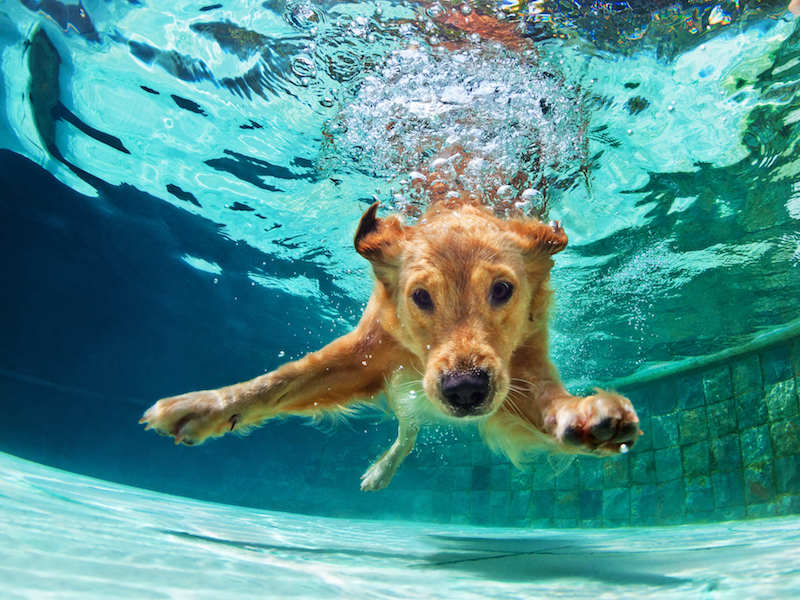
There are a lot of different things that can harm the delicate that makes a hearing aid function the way it does, but not many have the impact of water. In fact, you could call moisture kryptonite for hearing aids. Taking that into consideration, humidity is a big problem.
Invisible moisture has the greatest chance of causing irreparable damage. It’s time to understand more about why humidity is a bad thing for hearing aids.
Understanding Humidity
Despite the fact that the word humidity is very common, what does it really mean? PBS defines humidity as water molecules in the air. The relative humidity refers to the ratio of water molecules in the air compared to how many the air can actually hold. The larger the percentage, the wetter everything feels.
Humans cool their body by sweating so that makes us very sensitive to humidity. When humidity levels are high our sweat will not evaporate as quickly. Moisture and electronics don’t mix well and that includes hearing aids.
As A General Rule Electronics Have a Hard Time Coping With Humidity
Oddly enough, electronics are not just sensitive to high humidity but low levels as well. When it’s too moist, the intricate electronics will collect condensation. When it’s overly dry things become more brittle.
Internal electronics are the reason your hearing aids work. Newer digital hearing aids use a sophisticated audio processing chip to control noise. It’s what is behind elegant features like:
- Noise reduction
- Anti-feedback
- Targeted listening programs
- Digital sound streaming
High humidity causes moisture to accumulate in the hearing aids destroying that chip. Batteries get destroyed and you get corrosion of elements inside of the case. It’s the equivalent of throwing your hearing aid in a bathtub of water.
Keeping Humidity Under Control
If you are looking at hearing aids, try to look for products that are water-resistant. This feature will give you some protection against humidity and wet weather, but you still can’t go swimming with them in.
When it’s very humid try to cut down on indoor water vapor by using a dehumidifier. It’s an investment that will benefit you and your family in numerous ways and protect other electronic devices like that expensive TV you got for Christmas. Dehumidifiers reduce the risk of mold, mildew and dust mites, so everyone breathes a little better, too. However, protecting your hearing aid more completely will require additional thinking. You will need to take other steps at the same time.
Look for the dehumidifier made for hearing aids. There is one out there for every budget. Silica gel crystals in a drying kit are used to protect electronics. You put the device in the dehumidifier for a couple of hours to eliminate moisture. There are also storage containers that dry hearing aids out each night as you sleep. In a pinch, you could use a bag of uncooked rice to remove moisture.
Get in the habit of opening the battery compartment every time you store your hearing aids. When you expose the battery and inner elements to air by leaving the door open, condensation can evaporate by itself. Don’t just do this in the summer, do it all year round.
Always store your hearing aids in a cool, dry place. On the table in the sun, in the glove compartment, or in a hot room are examples of where not to store your hearing aids.
Thinking Past Humidity
Air vapor is not the only moisture that can damage hearing aids. Don’t forget to think about other types of wetness like:
- Make sure all lotion or sunscreen is fully absorbed before touching your hearing aids or putting them in your ears.
- Leave your hearing aids in a safe place before you go swimming.
- Wear a sweatband when exercising. If you are wearing your hearing aid then it’s a good idea in general. Sweat in your ears can cause problems later.
- Try not to put your hearing aid down on wet surfaces. A glass or coffee cup can leave moisture behind.
Treat your hearing like the valuable asset that it is. Keep in mind how moisture can damage your hearing aids and make sure to prevent water from getting in them. If your hearing aid already has water damage make an appointment for service with a hearing aid specialist.